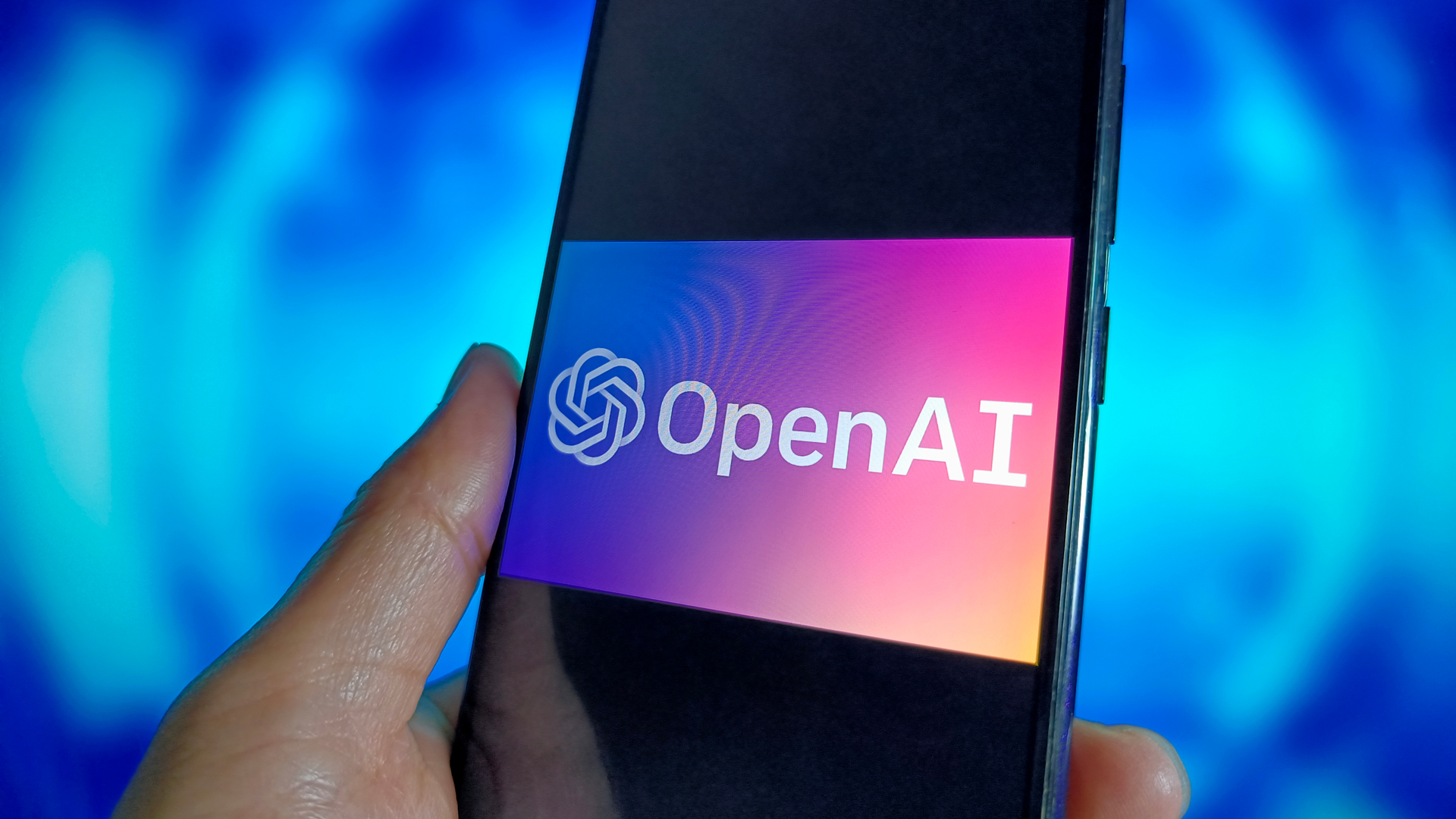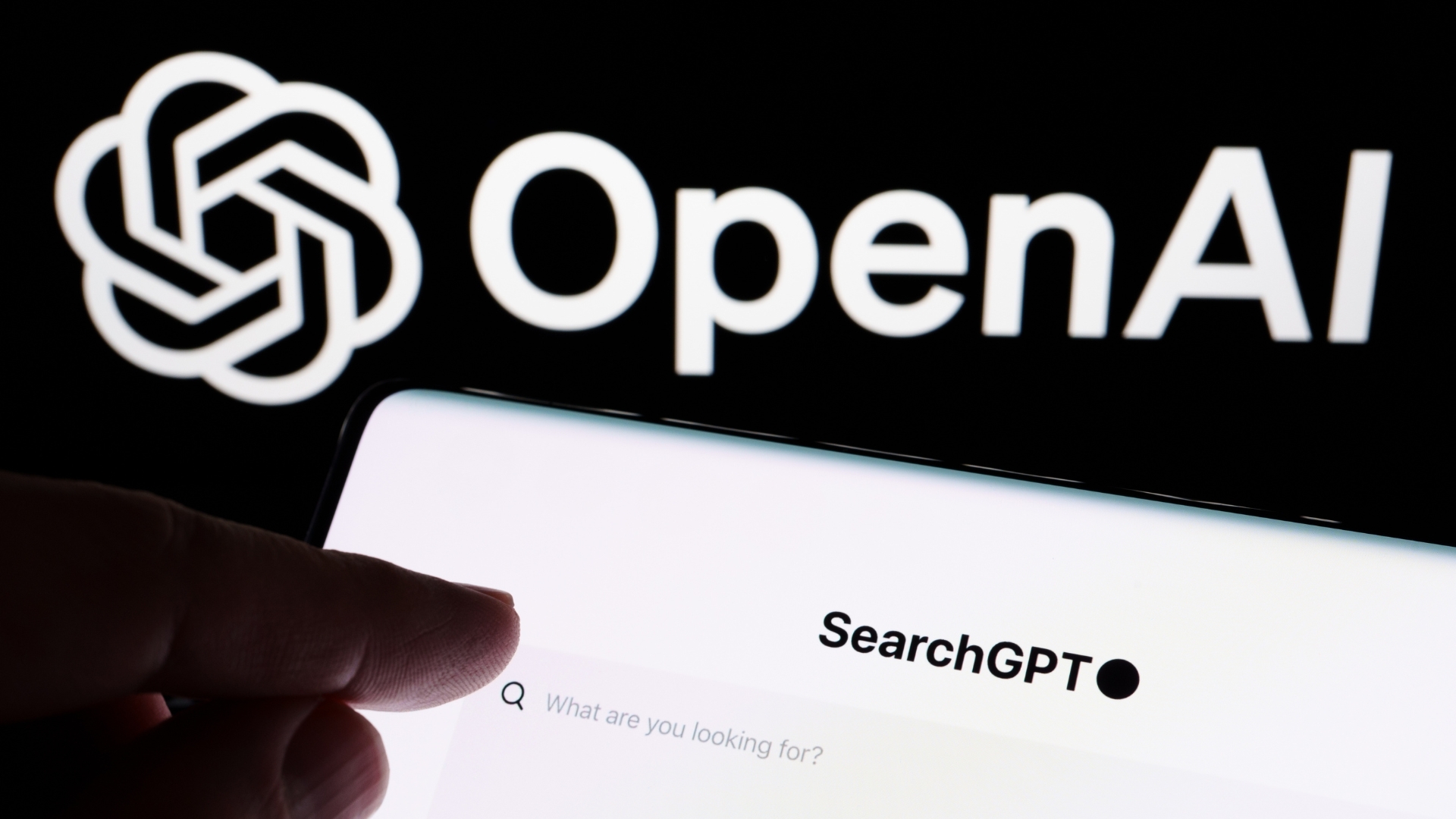A Chrome-killing browser will be OpenAI's next big shot at Google, according to a new report
Is BrowserGPT in the cards? It’s a long way off, if it is…

- OpenAI could be mulling the idea of making a browser, but it’s early days
- The browser would pack ChatGPT, but we have precious few details yet
- OpenAI has recruited some key staff involved in the making of Chrome
OpenAI appears to be gunning for another key aspect of Google’s business, with apparent plans to build a web browser to rival Chrome.
You’ll get no points for guessing that OpenAI’s creation would, naturally enough, be a heavily AI-infused take on a browser client. According to a report from The Information, OpenAI is considering the development of a web browser that would be combined with ChatGPT.
Exactly what that browser might look like, we don’t yet know, and judging from what’s in the report, this is still in the early stages – and very much a ‘might happen’ or ‘might not’ possibility at this point.
However, even though the report makes it clear that OpenAI isn’t “remotely close” to launching a browser yet, things are happening in the background which amount to enough evidence that OpenAI is taking this potential product launch seriously.
For starters, The Information has learned that OpenAI has hired two staff members who were ‘instrumental’ in making Chrome for Google, namely Ben Goodger and Darin Fisher.
The report also claims that alongside mulling its browser, OpenAI has been talking to multiple companies, or has even struck deals with some, to “power search features for travel, food, real estate and retail websites.” That’s the word from people who’ve seen prototypes or designs related to this work, and we’re told OpenAI has spoken to a number of companies about these search products, including Conde Nast, Redfin, Eventbrite and Priceline.
On top of that, there’s a further contention that OpenAI has been in discussions with Samsung about bringing its AI features to Galaxy smartphones – and muscling out Google there, which has a deal with Samsung to drive some AI features with its Gemini AI (though Samsung has its own AI concoction in the form of Bixby, too).
Get daily insight, inspiration and deals in your inbox
Sign up for breaking news, reviews, opinion, top tech deals, and more.
Analysis: Towering ambitions

Is OpenAI going for Google’s throat, then? Well, it very much looks that way given this latest info dump, and previous moves, such as OpenAI launching SearchGPT, a rival search engine product put into testing earlier this year (with the expectation that it’ll be fully realized in ChatGPT before the year is out).
The Information also underlines how OpenAI is pushing its ‘Natural Language Web’ to power conversational search features on websites (or apps) to radically change the way a person interacts with a site – talking to it, rather than navigating the website.
Okay, so much of this is still under discussion, and in the form of plans rumbling along in the background that may, or may not, happen – particularly the browser, which sounds really airy. We’re not given any details at all as to how this AI-led browser might work.
If a browser is coming, development would be a very long haul yet, of course – it’s a huge undertaking to get a software client like this right. But even if this ends up just being theorizing and mulling, it clearly shows the intent, and extent of the well-financed ambition, that’s buzzing behind the doors of OpenAI.
Certainly, Google is aware of the dangers here, and the report mentions that the company is preparing for the possibility of having to compete with OpenAI to power AI features for Samsung phones, according to a source with knowledge of what’s going on behind the scenes right now.
Meanwhile, according to the rumor mill, Google is hard at work trying to make Gemini more closely mimic a human’s ability to reason in ChatGPT fashion.
You may also like...
Darren is a freelancer writing news and features for TechRadar (and occasionally T3) across a broad range of computing topics including CPUs, GPUs, various other hardware, VPNs, antivirus and more. He has written about tech for the best part of three decades, and writes books in his spare time (his debut novel - 'I Know What You Did Last Supper' - was published by Hachette UK in 2013).